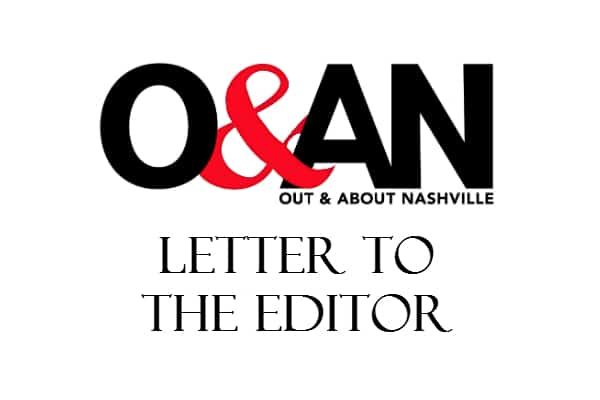When I started encouraging our corporate members to add voluntary self-identification for their LGBT employees, as well as their employees with disabilities and their veteran employees, I knew I would have to work to educate both employers and employees about the importance and value of this personal demographic data collection.
I am passionate about self-identification because of a personal experience. In March 2015, I testified in front of the United States Commission on Civil Rights in Washington, D.C. I testified in favor of the Employment Non-Discrimination Act (ENDA), which would add sexual orientation and gender identity to the list of protected classes at the Federal level. It was quite clear that ENDA would not make it through Congress, so the USCCR organized a day long, historic hearing on this LGBT issue, so they would have the testimony needed to persuade President Obama to issue an Executive Order.
When I was questioned by Commissioners who were in favor of ENDA, I was asked questions like:
- How many people lose their jobs based on their sexual orientation or gender identity?
- What is the economic impact of LGBT discrimination in the workplace?
- Does research exist where one can find the economic need for ENDA?
My fellow panelists and I had personal testimony about the importance of ENDA. We had sob stories about parents who would struggle to provide for their children. We talked about talented individuals who were good at their jobs, but had the rug pulled out from under them when they came out, or were outed, as LGBT. We talked about the dignity of work, and the LGBTQ community being treated as second class citizens by their states. We gave anecdotal information about diversity and inclusion being good for a company’s bottom line.
It was very clear that for this Commission to take this issue to the President of the United States, they needed economic data, not a sob story.
I left D.C. with my head down. I felt like I had let down our community. I felt like I had let a huge opportunity go to waste. I use that feeling of failure as motivation to work more effectively for the LGBTQ community.
Whether it is business decisions or policy decisions, both are made by measuring numbers. Even personal goals require baseline measurement, monitoring numbers, and an end goal that is measureable. Have you ever tried to lose weight without weighing yourself? Have you set a goal to save money without counting how much money you have?
If we are going to pass government policies that protect LGBT people, there must be measurement.
In addition to policies, the demographic data can lead to budget increases for LGBT employees and initiatives. Locally, this could make a huge difference for our community. For example:
Let’s suppose OutCentral applied for HCA’s Day of Giving along with 100 other non-profit organizations, and HCA used data to decide where to commit their limited resources. If HCA could pull up an aggregate measurement that told them 10% of their employees identify as LGBT, it gives them a baseline of measurement that they already have for their female and minority employees. If HCA could pull up an aggregate measurement from an employee satisfaction survey or an employee exit survey, they might find a high percentage of those employees who expressed dissatisfaction or who left the company identified as LGBT. Then, HCA might prioritize OutCentral as a choice, because it is a good way to engage their valuable LGBT employees.
Let’s suppose the Launch Pad applied for a grant from Nissan, and Nissan knew that 8% of their employees identify as LGBT. Then, Nissan looks at the demographic make-up of high performing employees, and they find that 35% of high performing employees identify as LGBT. They do not want to lose this level of talent, so Nissan is more likely to invest in causes that are important to these employees.
I will be the first person to tell people not to self-identify if it is not safe to do so. Because of my experience, because of my job, and because of my self-perceived role in the LGBTQ community, I would self-identify every time I use my debit card, take a survey, or apply for anything. That is how important I think it is.
Our members, who do have voluntary self-identification, like Cummins, are very transparent with why they collect the data, how they collect and store the data, and who has access to the data. I would not expect a person to check a box without knowing this information and neither does the employer.
I understand not all people will feel safe voluntarily self-identifying. I do expect our community to embrace being given the opportunity to self-identify. The more LGBT people who get measured, the safer it will be for those who cannot be counted. Until LGBT people are measured like other minorities, we can expect to be left out of decisions, budgets, allocated resources, policies, and more.
The Nashville LGBT Chamber of Commerce will continue to educate both employees and employers about the value of voluntary self-ID, and I appreciate this opportunity to do so.
Lisa Howe
Executive Director
Nashville LGBT Chamber of Commerce
